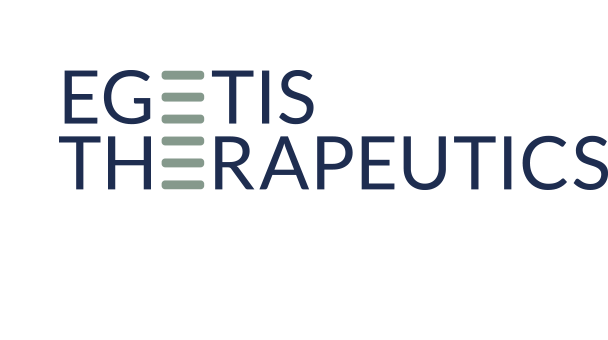Egetis awarded Promising Innovative Medicine designation in the UK for Emcitate® (tiratricol) for treatment of MCT8 deficiency
June 3, 2024
Stockholm, Sweden, June 3, 2024. Egetis Therapeutics AB (publ) (“Egetis” or the “Company”) (Nasdaq Stockholm: EGTX), today announced that it has received a Promising Innovative Medicine (PIM) designation from the Medicines and Healthcare products Regulatory Agency (MHRA) in the UK for the investigational drug Emcitate® (tiratricol) in the treatment of monocarboxylate transporter 8 (MCT8) deficiency.
Nicklas Westerholm, CEO of Egetis, commented: “A Promising Innovative Medicine (PIM) designation is a recognition of Emcitate® (tiratricol) as a promising candidate drug in the UK for the treatment of patients with MCT8 deficiency. MCT8 deficiency is a debilitating condition, and we are delighted that the MHRA has recognized the potential of Emcitate® (tiratricol) for patients living with this disease. This is testament to our commitment to supporting patients with MCT8 deficiency in the UK.”
About Promising Innovative Medicine (PIM) designations
PIM designations are given to promising medicinal products, likely to offer major advantage for the treatment, diagnosis or prevention of a life-threatening or seriously debilitating condition, with the potential to address an unmet medical need. For the MHRA to grant a PIM Designation, the product must meet each of the following three criteria:
Criterion 1: The conditions should be life-threatening or seriously debilitating with high unmet need, meaning there is no method of treatment, diagnosis or prevention available, or existing methods have serious limitations.
Criterion 2: The medicinal product is likely to offer major advantage over methods currently used in the UK. Preliminary evidence should be submitted based on both non-clinical and clinical data.
Criterion 3: The potential adverse effects of the medicinal product are likely to be outweighed by the benefits, allowing for the reasonable expectation of a positive benefit risk balance.
About MCT8 deficiency
MCT8 deficiency, also called Allan-Herndon-Dudley Syndrome, is an ultra-rare genetic disorder. As one of the first X-linked neurodevelopmental syndromes to be described, MCT8 deficiency was later associated with the SLC16A2 gene in 2004. The core mechanism driving the pathogenesis of MCT8 deficiency is dysfunction of the thyroid hormone transporter, monocarboxylate transporter 8 (MCT8), due to a mutation in the SLC16A2 gene. MCT8 has a major role in regulating thyroid hormone levels, including the cellular uptake and efflux of tri-iodothyronine (T3) and thyroxine (T4). MCT8 serves an important role in the transport of thyroid hormone across the blood–brain barrier and is also widely expressed in tissues in the thyroid, liver, kidneys, heart, and muscle. This disrupted thyroid hormone homeostasis leads to neurological and endocrinological symptoms. The neurological symptoms are a consequence of too little T3 in the brain during neurodevelopment, whereas the endocrinological symptoms are due to elevated T3 in other organs outside the brain.
Parents of children with MCT8 deficiency usually report the pregnancy and birth as uneventful, and infants appear to develop as expected for the first few months of life. Early signs, such as inadequate head control due to hypotonia and failure to thrive may start to appear from around three months of age, but it usually takes a few more months before medical attention is sought. Recognizing symptoms and making an early diagnosis may help patients and their families.
For further information about MCT8 deficiency, please see www.mct8deficiency.com

